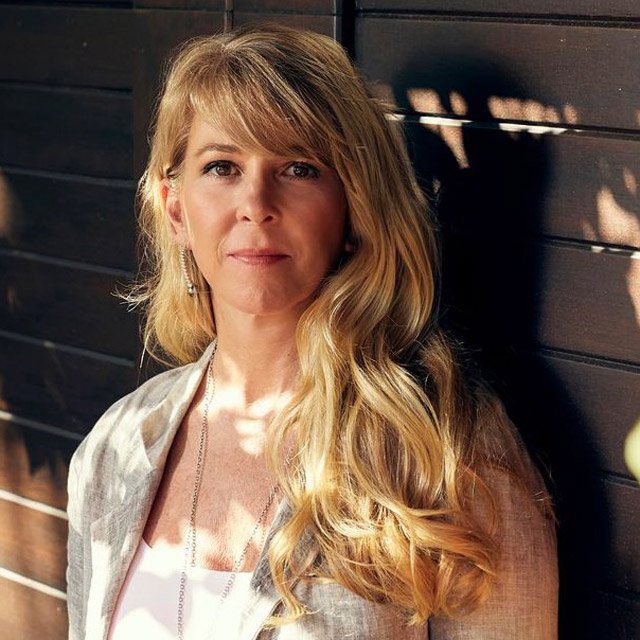Why Liz Ann Sonders Shuns Stock Market Forecasts

What You Need to Know
The Schwab strategist also avoids cookie-cutter asset allocation recommendations.
In this environment, investors should focus on high-quality company fundamentals, she says.
The era of low-quality zombie companies may be over, Sonders suggests.
Charles Schwab Chief Investment Strategist Liz Ann Sonders sees little value in Wall Street’s year-end S&P 500 forecasts for individual investors and for those advocating long-term investing principles.
“We don’t do that. I think it is truly … just the dumbest exercise that Wall Street strategists do, the dumbest exercise. To do a price target without any context,” she told ThinkAdvisor on Monday, referring to the S&P index predictions that many firms make.
“Even if I had a crystal ball and knew where the market was going to close the year, what would matter way more than that is what happens between any point in time and then,” she said. “Is it just steady as she goes and no movement? Never gonna happen. Do you have another big whoosh down, and you take out the October lows (from last year), but then you have a sharp rally from there? To me the year-end price target is just not of value or shouldn’t be of value.”
Schwab’s $7 trillion in client assets represent individual investors, Sonders noted. Year-end market forecasts may be useful in the institutional investor world for measuring which strategists were right or wrong, “but for individual investors and us espousing things like long-term discipline and asset allocation and rebalancing and diversification, the year-end price target just doesn’t fit into that at all.”
Along the same lines, Sonders avoids cookie-cutter asset allocation recommendations.
“Even a little bird could land on my shoulder and say, ‘I’m from the future, now here’s where the S&P is going to close with 90% accuracy,’” and the advice would differ depending on the client.
One investor could be 22 years old with a $10 million inheritance “and they don’t need the money and they go skydiving on the weekend and they’re not going to open their statements and freak out if they’ve had a loss in their portfolio,” she said. “The other investor is 75 years old, they have a nest egg, they can’t afford to lose any of it and they need to live on the income generated from it. …What I would tell those two people is entirely different.”
So how should financial advisors guide clients through the current uncertain and sometimes confusing economic and market conditions?
Beyond the time-tested advice to have a long-term, disciplined plan that’s tied to time horizon and risk tolerance, Sonders suggests investors focus on high-quality investments rather than sectors, emphasizing companies with low debt and high cash levels, and those with positive earnings revisions and surprises. For dividend investors, this “quality wrapper” also includes stocks paying not only high dividends, but offering dividend stability and the ability to keep dividends growing.
‘Zombie Compay’ Days Over?
Schwab thinks the current environment won’t reward high-speculation, low-quality stocks and market segments, she noted. A very important shift within the last year, with the Fed aggressively raising rates from zero and shrinking its balance sheet, has changed the outlook for companies and stocks, Sonders suggested.
“We were in this high-liquidity, low-cost-of-debt world for years and years,” she noted, adding that when liquidity is ample and money is essentially free, speculation runs rampant and “companies that otherwise might not make it kind of hang in there — zombie companies.” Now, company fundamentals are reconnecting to stock prices, so when it comes to equities, “stay up in quality,” she said.
“We’ve also been saying monolithic decision-making doesn’t make sense in this environment meaning you just make a sector call … You’ve got to be quality focused,” she added.




